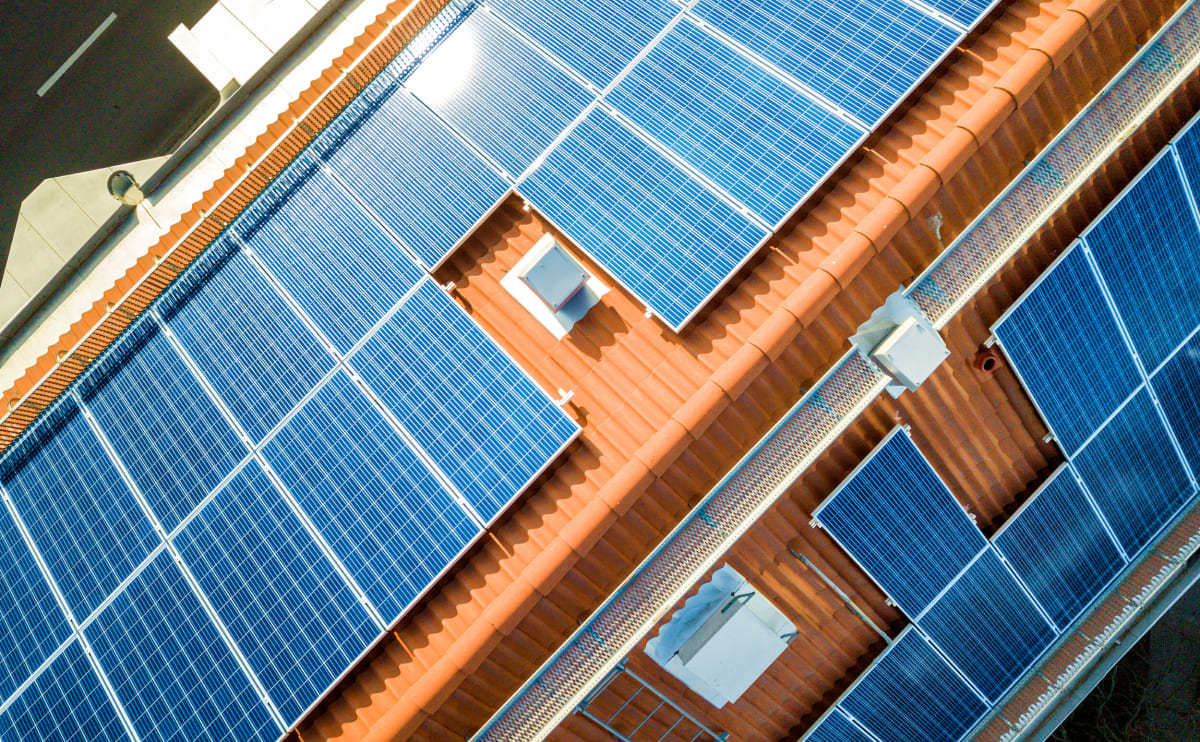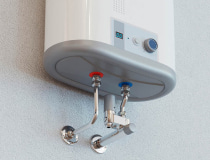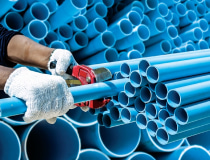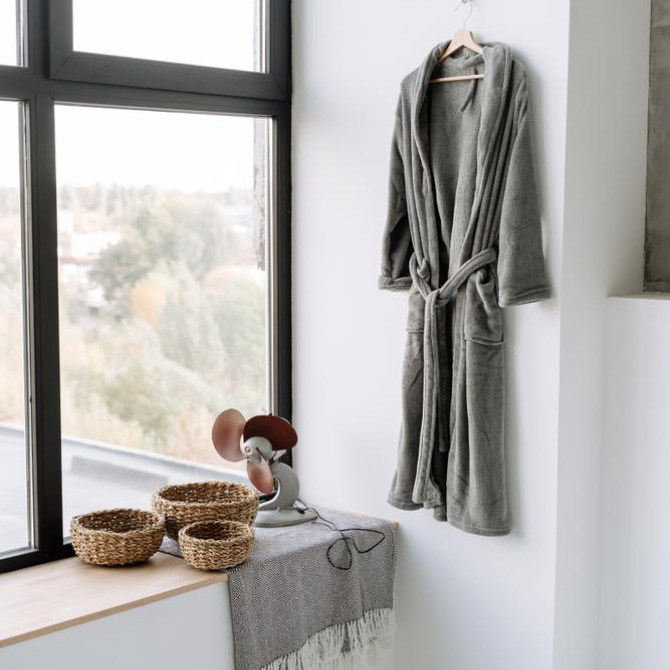Grid-Tied vs. Off-Grid Solar: Which Is Right for You?

If you’ve been exploring solar energy solutions for your home, you’ve likely come across the terms “grid-tied” and “off-grid.” But what do they actually mean — and which one should you choose?
Let’s break down the difference between the two and help you figure out which system suits your needs best.
What Is a Grid-Tied Solar System?
A grid-tied system is connected to your local utility grid. It works in sync with your home’s electricity needs — using solar power when available and switching to the grid when necessary.
Key features:
- No battery required
- Excess energy can be sent back to the grid (and sometimes credited)
- Lower upfront cost
✅ Best for: Urban or suburban homeowners with reliable electricity access who want to reduce energy bills without fully cutting ties with the grid.
What Is an Off-Grid Solar System?
An off-grid system is completely independent of any utility service. It relies on solar panels, inverters, and large battery banks to power your entire household.
Key features:
- Battery storage required
- No connection to utility grid
- Ideal for remote areas
✅ Best for: Rural homes, cabins, or locations with unreliable or no grid access.
Pros and Cons at a Glance:
| System Type | Pros | Cons |
|---|---|---|
| Grid-Tied | Lower cost, no batteries, easy setup | No power during outages (unless with hybrid battery) |
| Off-Grid | Full independence, great for remote areas | Higher cost, needs battery maintenance |
The Hybrid Option
If you want the best of both worlds, a hybrid system might be for you. It’s connected to the grid but also includes battery storage, giving you backup power during outages and more flexibility in how you use your energy.
What to Consider Before Choosing
- Location and grid reliability
- Energy usage habits
- Budget and maintenance
- Long-term goals (savings vs. independence)
Final Thoughts
Both grid-tied and off-grid solar systems have their benefits — the right choice depends on your lifestyle, location, and priorities. Whether you want to lower bills or go completely self-sufficient, solar gives you the tools to take control of your energy future.

















